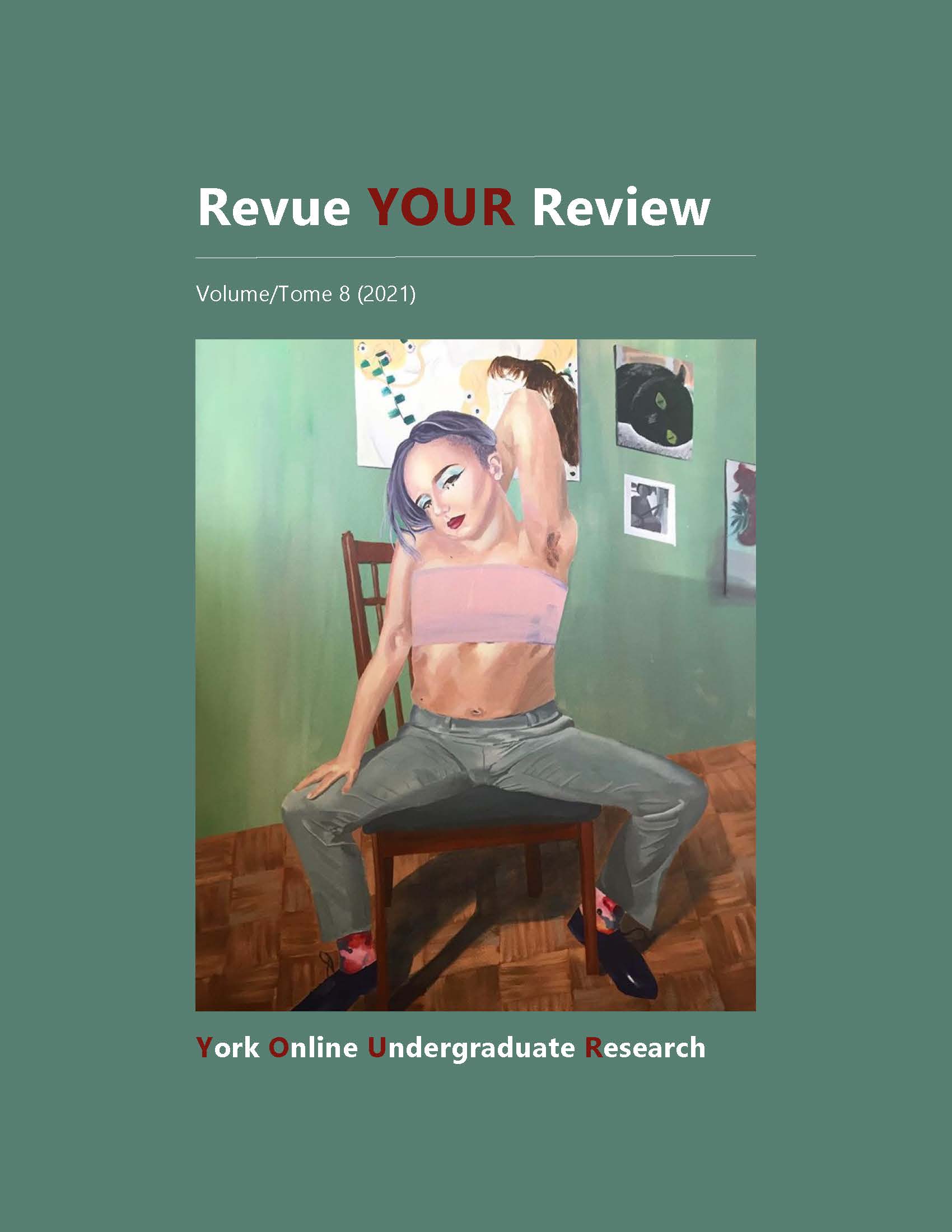Reconsidering citizenship: Canada’s policy approach to migrants with disabilities
Abstract
Under the Live-In Caregiver Program, Karen Talosig, a Filipino caregiver, applied for permanent residency in Canada for herself and her daughter. Her daughter was initially unable to join her because the daughter was deemed “medically inadmissible” due to her profound deafness. The purpose of examining Talosig’s case is to illustrate how Canada’s medical inadmissibility clause unfairly targets migrants with disabilities in what is supposed to be a diverse and inclusive society. I investigate how Canadian domestic law contradicts its international legal obligations and how the economic interests of a state can be used to justify closed borders. Canada has an obligation to migrants with disabilities and should consider the economic contribution temporary foreign workers have made to the country. Although Talosig lacked formal citizenship, she carved a space for herself in Canada and constructed an informal sense of belonging as she worked as a caregiver and took on three additional jobs over seven years. Understanding Canada’s obligations to migrants with disabilities and temporary foreign workers is assessed through economic, legal, and social justifications. The goal of this study is to provide various recommendations for the Canadian government on how it can alter current policies in order to uphold multiculturalism, diversity, and inclusion in the country.
Downloads
Published
How to Cite
Issue
Section
License
LicenseAuthors contributing to Revue YOUR Review agree to release their articles under one of three Creative Commons licenses: Creative Commons Attribution 4.0 International; Creative Commons Attribution-NonCommercial 4.0 International; or Creative Commons Attribution-NoDerivatives 4.0 International. All editorial content, posters, and abstracts on this site are licensed under Creative Commons Attribution-NoDerivatives 4.0 International. For further information about each license, see:
https://creativecommons.org/licenses/
In all cases, authors retain copyright of their work and grant the e-journal right of first publication. Authors are able to enter into other contractual arrangements for the non-exclusive distribution of the e-journal's published version of the article (e.g., post it to an institutional repository or publish it in a book or in another journal), with an acknowledgement of its initial publication in this e-journal.


